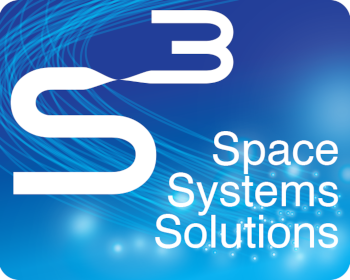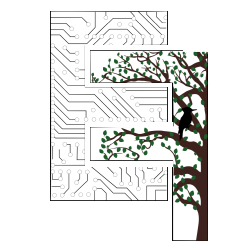Project participants have been selected to provide the infrastructure necessary for the project. All participants in the project have the infrastructure and equipment necessary for the conceptual part of the project (necessary premises, Internet connections, computers, appropriate software), which will result in a scheme for the construction and equipment of the rover, allowing further construction of the rover. S3, CSEO, UNIPD have the specialists AND infrastructure to build a prototype rover. AMU and PULS have the infrastructure necessary to identify plants, animals and archaeological sites that are the subject of the rover’s work, as well as to validate the results provided by the rover. AMU and PULS also have the infrastructure necessary to organize conferences, seminars, workshops necessary for the ToK. Seconded researchers will have access to a comprehensive range of resources, including computer networks, databases, libraries, and various GIS/RS software. Project activities will be conducted in specialized laboratories, such as the remote sensing laboratory, for testing and calibrating E-Forester sensors. These sensors cover a wide range of applications, including meteorological parameters, image sensors, and soil analysis, as well as the recording of diverse species of flora and fauna

Space System Solutions (S3) serves as the project coordinator, possessing the necessary knowledge and experienced staff in this field. The company will also actively participate in research and engineering works on the rover’s construction. Thanks to its experience, S3 has strong Transfer of Knowledge (ToK) skills, which will be used for training purposes for staff arriving on secondment. Specialists in non-invasive soil testing techniques, whose knowledge and skills were used in previously conducted projects, will also participate in the knowledge transfer process. These projects covered topics in archaeology, engineering, and advanced statistical methods. Skills will be passed on to partners during training, conferences, and secondments. The flow of knowledge, in this case, will imply a development in leadership skills, entrepreneurship, dissemination, use, and sales techniques, as well as the development of technologies and the final outcomes of the project.

Adam Mickiewicz University (AMU) employs, among others, specialists in the field of biology. AMU also has top-class specialists in archaeology, who implement numerous European projects related to this field. Their knowledge in analysing and verifying the methods of non-invasive research currently used in the study of underground cultural heritage in archaeology is invaluable. This partner will also ensure the participation of specialists in the mathematical foundations of machine learning – the possibility of autonomous operation of the rover will emerge. Knowledge of the mathematical foundations of machine learning is currently the most mysterious thing in the AI world. The role of mathematicians from AMU will be to transfer knowledge about advanced statistical methods and database systems to other partners. This area is crucial in the project due to the ability to use one’s data in such a way that it can be quickly and repeatedly processed in the future.

Poznań University of Life Sciences (PULS) will be a leader in the Transfer of knowledge (ToK) in the field of flora, fauna, and forestry. The staff it employs participate in fieldwork in many the role of this partner will be to transfer know-how on forestry methodology to other partners and train them in this area. Knowledge in this area is necessary for all partners, as it will allow them to understand the functioning of the rover’s movement in changing forest terrain conditions. The ToK formulated in this way will have a positive impact on the possibility of using the knowledge gained in this way in future projects.

University of Padova (UNIPD) is the only partner with experience in designing extraterrestrial rovers: Lunar and Martian. It is a unique source of knowledge from which future projects can be drawn. ToK, in this regard, will increase the research potential of academic partners and the engineering skills of other participants, also after the project’s end. UNIPD also employs specialists in the field of non-invasive soil moisture testing techniques, which, from the point of view of the objectives of this project, is necessary for its reliable implementation.

S2G Technologies (S2G) is a start-up with international patents and knowledge in the field of non-invasive methods of soil moisture testing using magnetic methods. Unlike S3 and UNIPD, where GPRs are used in soil testing, the magnetic method allows for its more accurate penetration. Training in the use of new technology, for example, in the study of Mars, is another place of the project where intense ToK takes place. It will be possible to successfully use these techniques in the future: in archaeology (AMU) or the study of forest areas (PULS).

Cyprus Space Exploration Organization (CSEO) is a non-profit organization that trains scientists, partners, and employees in the field of Earth Observation, ICT, AI/ML, Robotics, Electronics, Aerospace Engineering, Astrophysics, Planetary Sciences, Environmental and Climate Sciences, Energy, and Medicine. It is a partner with considerable experience and his participation in the project guarantees reliable and professional training for other partners. One of the missions of this organization is to disseminate scientific knowledge in society. Having an expanded training base, it will be a hub coordinating ToK, training, networking, dissemination & exploitation. Contribution of each participating organisation in the activities planned is shown in the table below.
